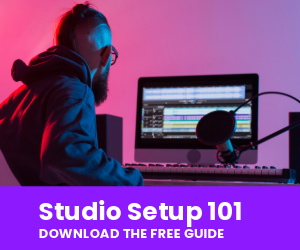
When songwriters, producers, or engineers first start out, they often dive headfirst into YouTube tutorials. While these videos can be helpful, they usually offer a mechanical approach to advanced audio processes like compression, vocal recording, or mixing. Typically, these tutorials provide a step-by-step guide: load this, set this parameter, turn that knob, and so forth. This method can only take you so far.
Details




















